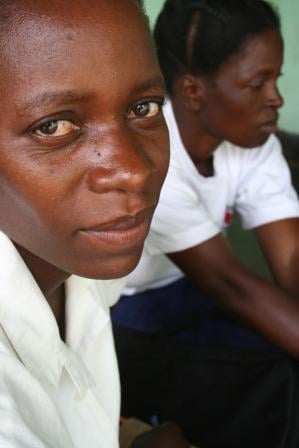"Young people have shown that they can be change agents in the prevention revolution," the agency said in a supplement to the OUTLOOK Report 2010, released ahead of the International AIDS Conference starting in Vienna, Austria, on 18 July.
HIV prevalence among young people has been going down in 16 of the 25 countries most affected by AIDS, and in at least half of them the declines have gone hand-in-hand with positive changes in sexual behaviour among those aged 15 to 24.
In Malawi, Zambia, Cameroon and Ethiopia, young men and women are waiting longer before becoming sexually active. In seven of the countries surveyed, both sexes had fewer partners in the last 12 months than in previous years, and in 10 countries condom use by young women increased.
Data from antenatal clinics showed that HIV prevalence in pregnant women aged 15 to 24 fell by at least a quarter in 12 countries, with some of the steepest drops in Kenya, Ethiopia, Malawi and Cote d'Ivoire.
In countries where data from repeated population-based HIV surveys was available, significant declines in HIV prevalence were seen among men in South Africa and Tanzania, and among women in Botswana, Zambia and Zimbabwe.
UNAIDS described the falling rate of new HIV infections among the world's youth as "a breakthrough essential for breaking the trajectory of the AIDS epidemic".
Nevertheless, young people still account for about 40 percent of new infections worldwide, with an estimated 900,000 becoming infected in 2008. Young women in sub-Saharan Africa have been particularly hard hit.
UNAIDS called on countries to ensure access to sex education, HIV testing, and prevention programmes designed "with and for" young people.
ks/he
This article was produced by IRIN News while it was part of the United Nations Office for the Coordination of Humanitarian Affairs. Please send queries on copyright or liability to the UN. For more information: https://shop.un.org/rights-permissions
